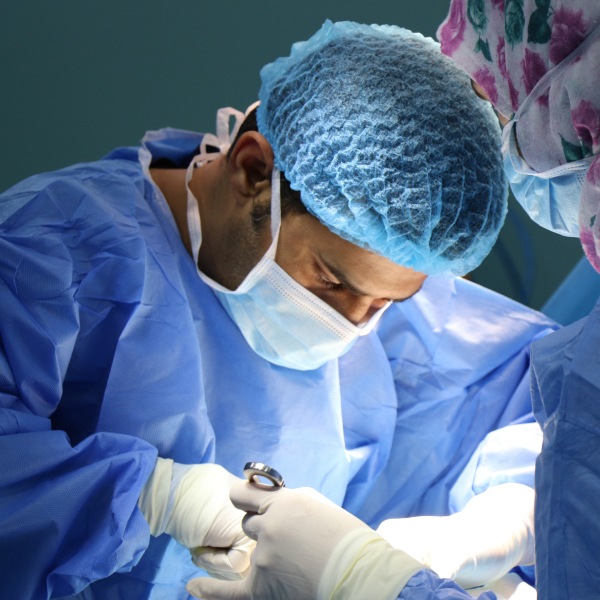The recovery after anal fissure will vary depending on its severity and the type of the surgery. Care after anal fissure surgery include as below:
Activity
You may resume activity gradually beginning shortly after surgery. You should begin walking the night of surgery or the following morning and continue to increase as you are able. Increased activity reduces the risk of blood clots, and improves breathing to prevent pneumonia.
Depending on the type of surgery you have, you may have significant limitation in sitting or walking for long periods of time. A soft pillow or donut pillow will help to displace the pressure of sitting away from the site of your surgery.
You should be able to return to work within 1-4 weeks after surgery, depending on what type of Anal Fissure surgery you had.
Wound Care
The most important part of caring for your wounds after anal fissure surgery is keeping the area clean and dry.
Sits baths should be done 3 times a day and after any bowel movement. This involves sitting in warm soapy water to clean the area. Hand-held shower nozzles are very effective for this. Showering after every bowel movement is also effective. You should avoid excessive wiping, as toilet paper may irritate the skin or incisions around the anus. Moist toilettes or baby wipes are preferred.
Bloody and / or mucous drainage and stool leakage is common for the first several days after anal surgery and may last up to a week or more.
If you notice redness spreading onto the surrounding skin, develop fever, or have severe amount of bleeding or bleeding that lasts for more than a week, contact your surgeon.
Medications – Pain Management
Pain can be fairly severe after surgery, particularly with bowel movements. You will be discharged with pain medication, typically a mild to moderate strength narcotic, depending on the type and extent of surgery you had. You may also take over-the-counter medications such as ibuprofen for pain.
Topical medicine may be put just inside your anus. This medicine may help your anal muscle relax and increase blood flow to your anus. This medicine may contain anesthesia to help decrease your pain.
Diet & Bowel Care
You will be prescribed a bowel regimen when you go home, typically a stool softener, fiber supplement and, possibly, a laxative. This is vital to enable you to have soft bowel movements after surgery to protect the incisions made and to prevent your Anal Fissures from coming back.
You should drink at least 6-8 glasses of water a day. This will help you have soft, regular bowel movements. Particularly with anal fissures, a high fiber regime includes fruits, vegetables, whole grains, etc. is important to prevent their return.
If you are having trouble having a bowel movement AND have abdominal bloating, nausea or vomiting, and not passing gas, you should call your doctor.
References
http://www.augusta.edu/mcg/surgery/midds/patient_education/anal_fissure_surgery.php
https://www.drugs.com/cg/anal-fissure-aftercare-instructions.html


